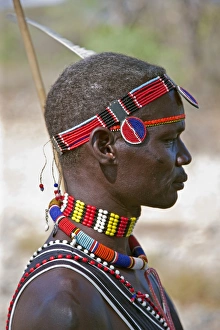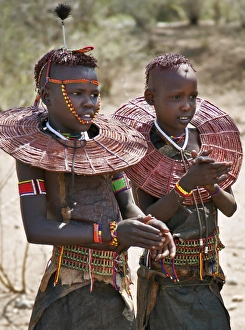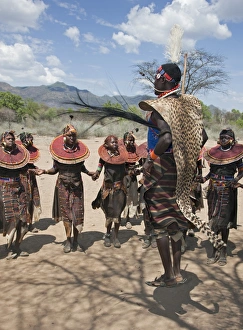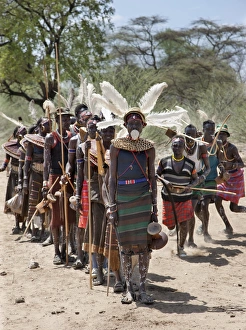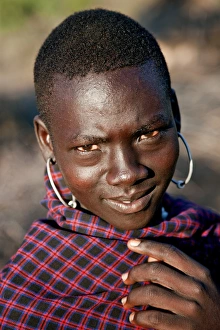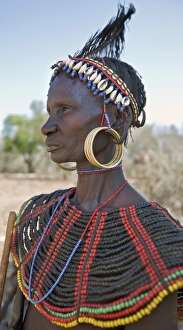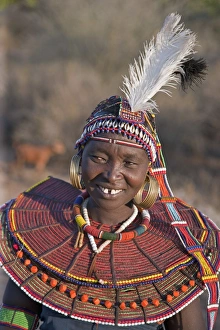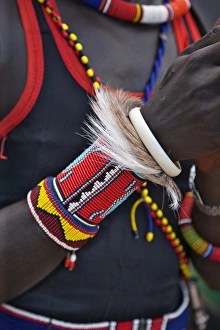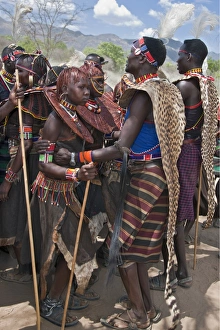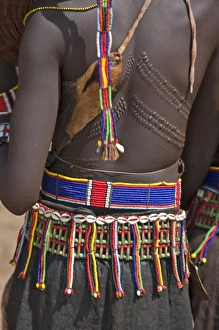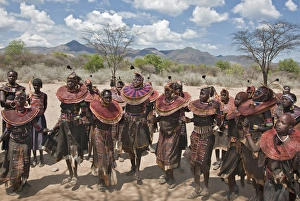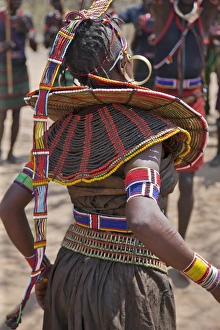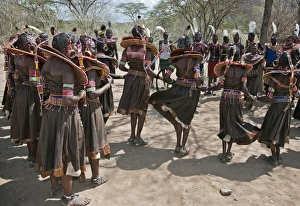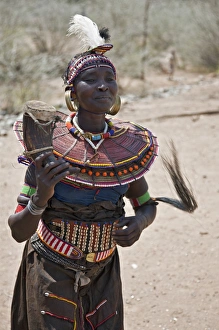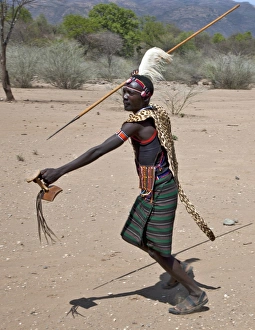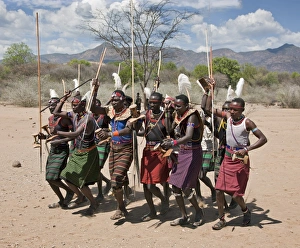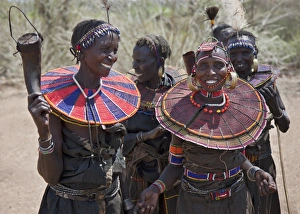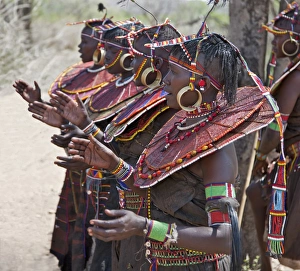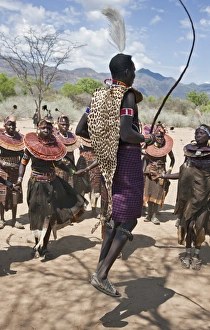Chemsik Collection
The Pokot people, pastoralists speaking a Southern Nilotic language, proudly display their rich cultural heritage through their traditional attire and customs
All Professionally Made to Order for Quick Shipping
The Pokot people, pastoralists speaking a Southern Nilotic language, proudly display their rich cultural heritage through their traditional attire and customs. A Pokot man dons the typical beaded ornaments of his tribe, showcasing intricate craftsmanship passed down through generations. In another celebration called Atelo ceremony, a Pokot warrior leaps high in the air surrounded by young women, exuding strength and vitality. The vibrant energy is palpable as Pokot men, women, and girls come together to dance joyously during this festive occasion. The significance of status within the community is evident in the adornments worn by individuals. A young Pokot girl wears a broad necklace made of hollow reed grass that signifies her uninitiated status. Similarly, two unmarried Pokot girls proudly wear traditional ornaments denoting their singlehood. Marriage holds great importance among the Pokot people as seen in rituals like Koyogho ceremony. Here, a man pays his in-laws the remaining dowry for his wife years after marriage. Symbolizing commitment and unity, he leads his wife at the conclusion of this ritual. Age also brings distinction within the tribe; an old Pokot woman stands out with her striking beaded ornaments symbolizing her married status while displaying wisdom accumulated over time. Even children are embraced by tradition from birth as they are wrapped in goatskin held lovingly by their mothers – an embodiment of protection and care deeply rooted in ancestral practices. Cicatrices on a woman's back reveal not only beauty but also signify participation in an Atelo ceremony where she joins others dressed elegantly to honor age-old traditions. Through these glimpses into their lives and customs, we witness how deeply connected the Pokot people remain to their cultural heritage as they continue to preserve it for future generations.

